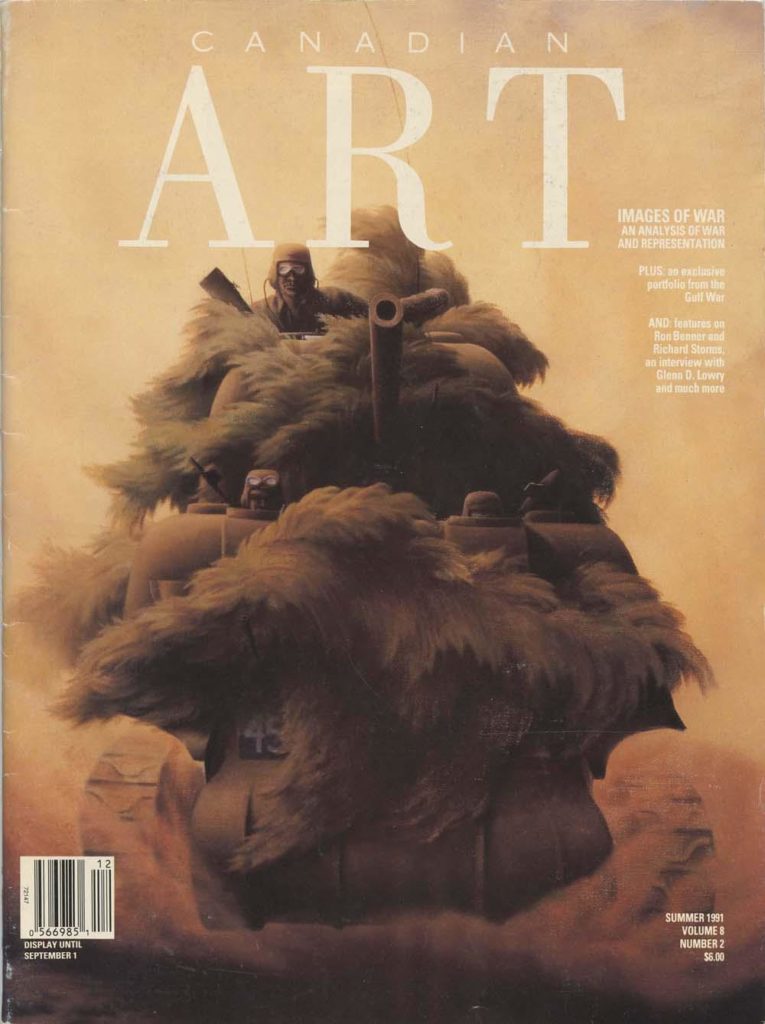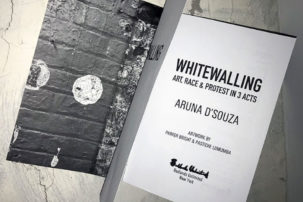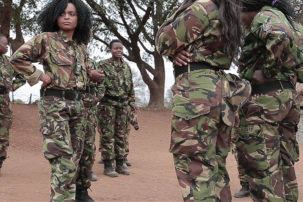“War,” writes Jean-Paul Sartre in his war diary for December 1939, “makes everyone feel his historicity.” This momentousness is diluted, Sartre points out, by the trivializing necessities of everyday life, in his case—as a meteorological observer—by the “stupid, petty fatigues imposed by some warrant officer’s idiocy.” But peace would return, Sartre assured himself confidently, and with it would return a certain permission for everyone to feel “achronic.” “All peaces to date,” he writes, “have been mere dispersals.”
What is most absorbing about Sartre’s musings during the period of the so-called Phoney War and during the earliest days of World War II is his swooning ambivalence about the ornate awareness war could confer upon the individual, as opposed to a respectable serious-mindedness one ought to have been generating for oneself all along, thereby perhaps avoiding war, Sartre suggests, in the first place.
So begins our Summer 1991 cover story. To keep reading, view a PDF of the entire article.









